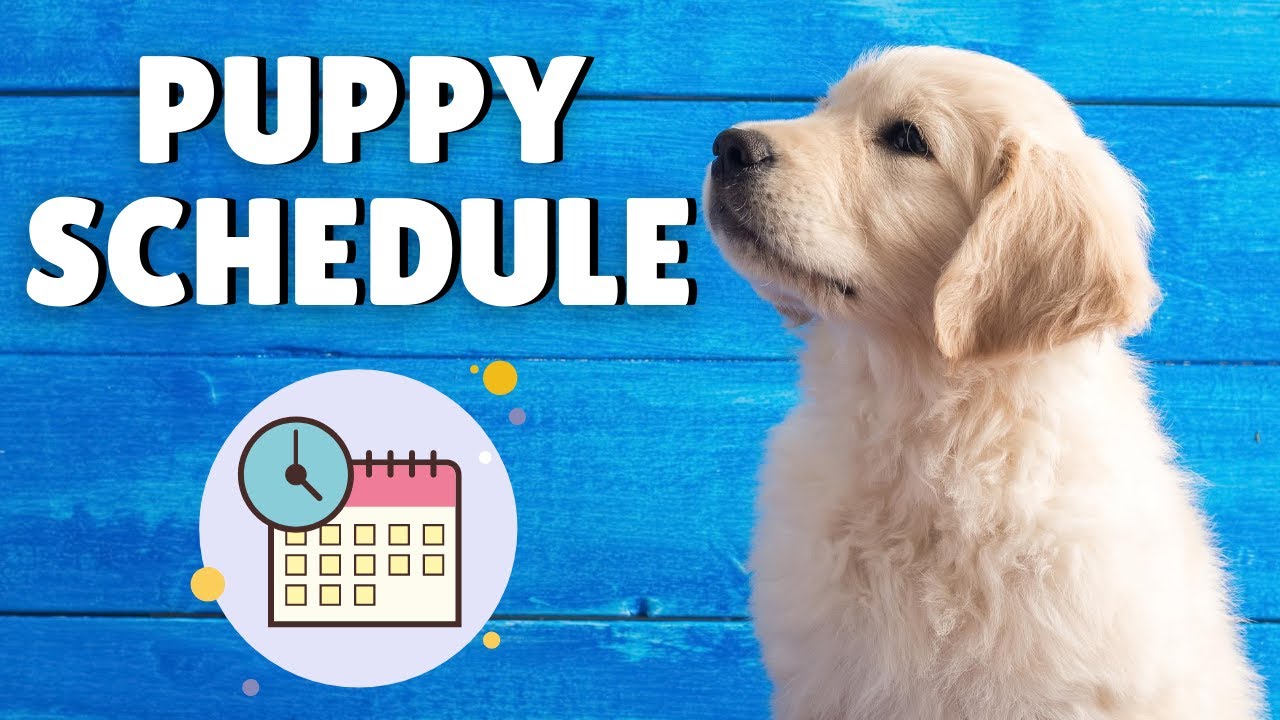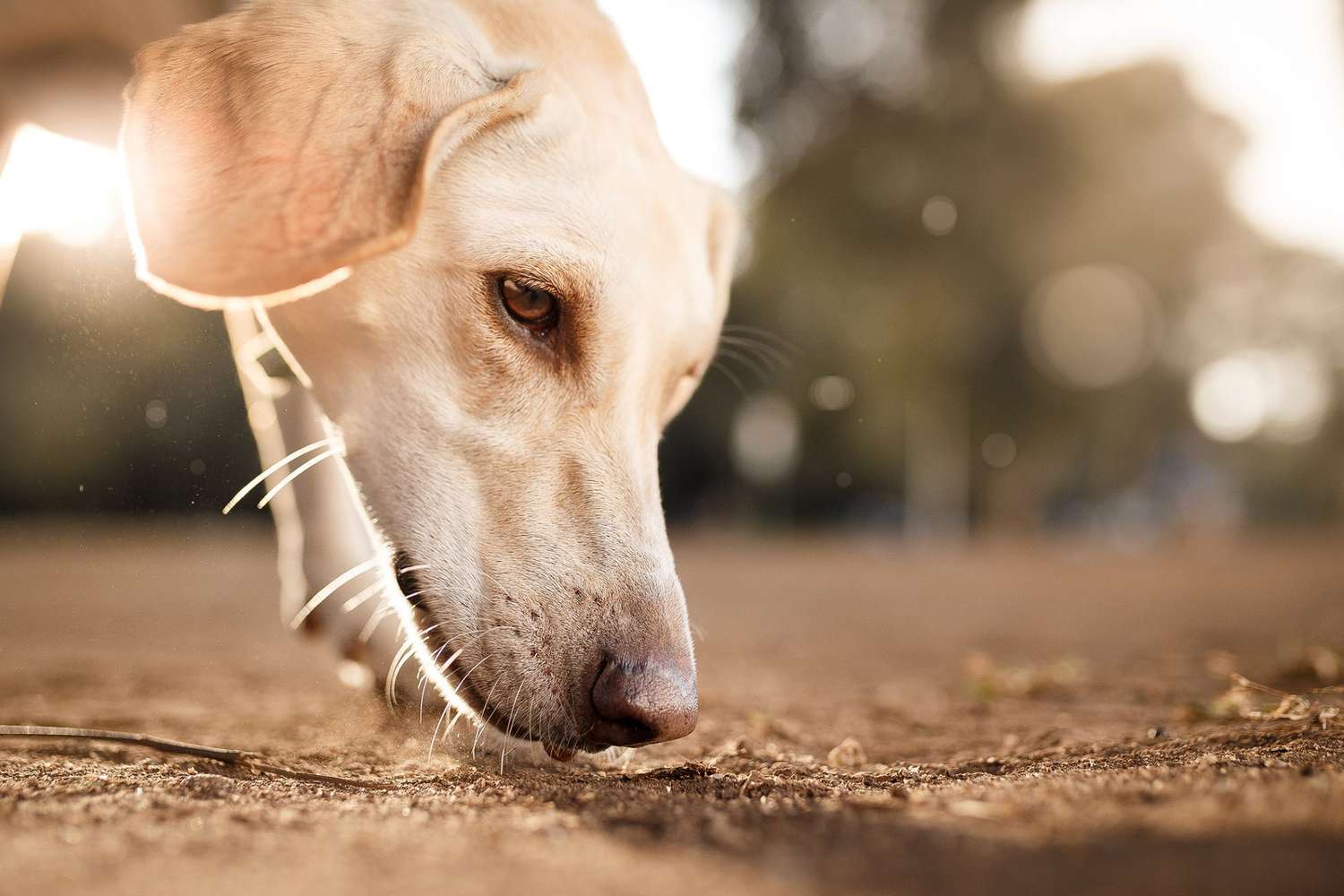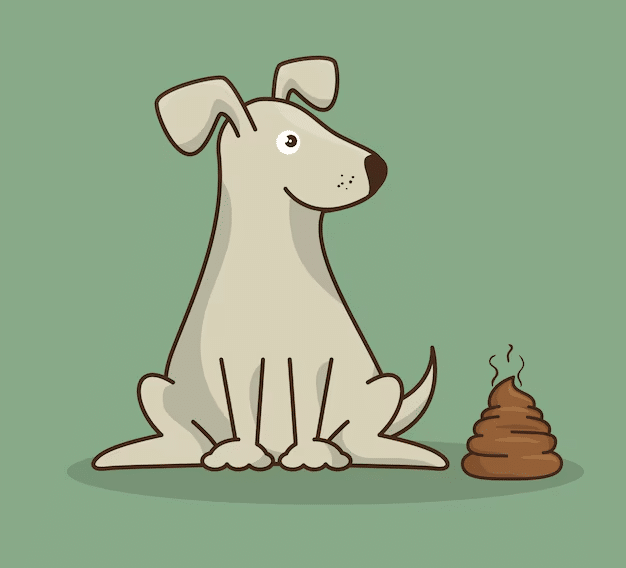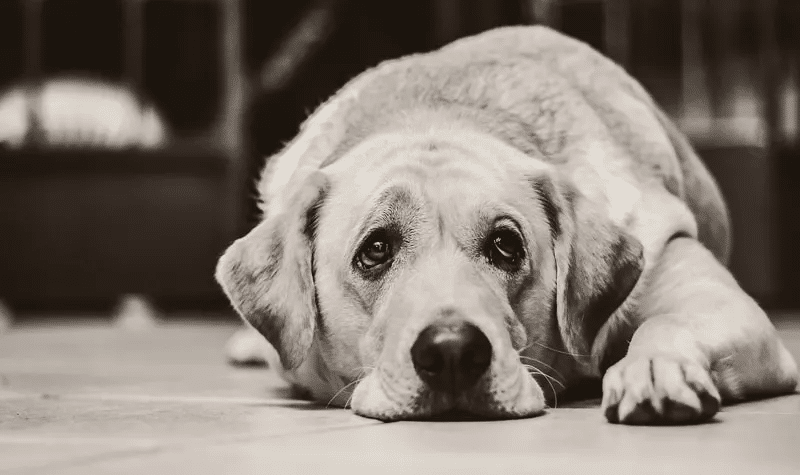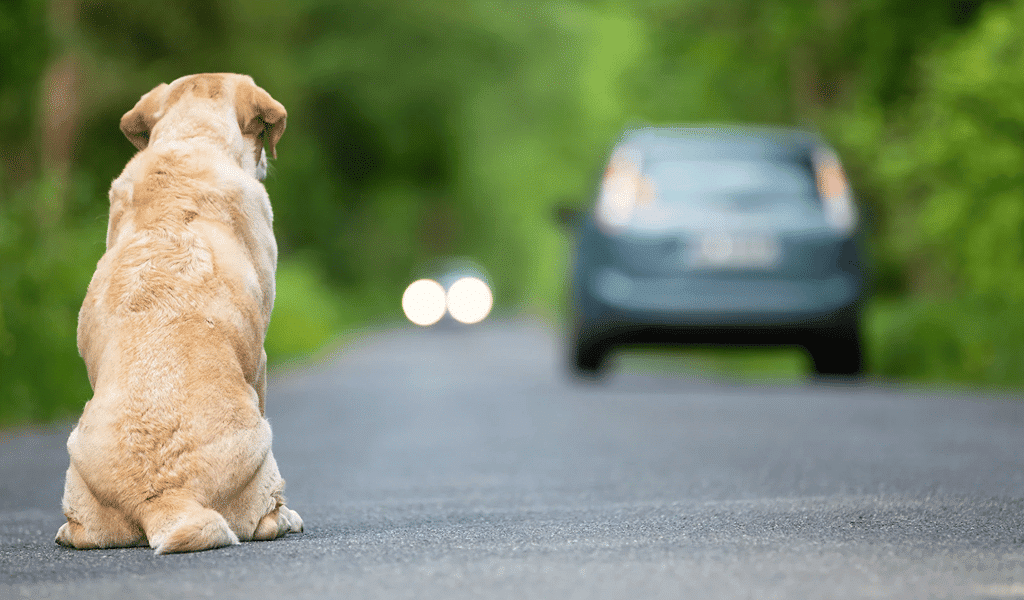You’ve made the decision to get a puppy and you’ve quickly found that she has a mind of her own. Racing around the house, going to the bathroom on the rug, chewing on the couch. Your puppy needs some guidance and structure as she grows into her own. A structured schedule is a great way to help your puppy adapt to your lifestyle and understand acceptable times for play, restroom breaks and meals. You’ve probably figured out by now that your new puppy isn’t going to adapt to your schedule and a bit of compromise will be required from both of you.
Puppy Feeding Schedule
The easiest way to structure your puppy’s feeding schedule is to mirror your own. If you are like most adult humans, you have three meals a day. Puppies should typically eat three meals a day unlike adult and seniors. The
Potty Break Schedule
Establishing a regular potty schedule for your dog is crucial for both their well-being and your household’s harmony. Dogs thrive on routine, so setting consistent times for bathroom breaks helps prevent accidents and reinforces their housetraining. Typically, puppies require more frequent outings, sometimes every 1-2 hours, as they have smaller bladders and higher metabolism rates. Adult dogs can usually manage longer intervals, such as 3-4 times a day. Key times for potty breaks include after waking up, after meals, and before bedtime. Be attentive to your dog’s signals, like sniffing or circling, which indicate they need to go out. As they become accustomed to the schedule, they’ll learn to hold it until it’s time for their designated potty breaks, making the process smoother for both you and your furry friend.
Understanding Schedules
Puppies are quick learners when it comes to understanding schedules. Their ability to grasp routines is impressive. By establishing a consistent schedule for feeding, playtime, bathroom breaks, and bedtime, you help your puppy develop a sense of predictability and security. They soon learn when to expect meals, when playtime is on the agenda, and when it’s time for potty breaks. This not only aids in housetraining but also reduces anxiety and restlessness, as puppies feel more at ease knowing what comes next. Over time, their internal clocks align with the schedule you’ve set, making life smoother for both you and your furry companion. It’s essential to be patient and stick to the routine, as puppies thrive on repetition and structure as they grow and adapt to their new environment.
Bedtime Schedule
Dogs, like humans, benefit from a regular sleep routine. Start by choosing a bedtime that suits both your schedule and your dog’s needs. Ensure they’ve had their evening bathroom break and have a comfortable sleeping area. Dogs generally need between 12-14 hours of sleep, with puppies requiring even more. Create a calming bedtime routine that signals it’s time to wind down, such as a short walk, some gentle play, or cuddling. Avoid feeding your dog a large meal right before bedtime to prevent discomfort and potential accidents during the night. Providing a comfortable and quiet sleeping environment, along with a consistent schedule, helps your dog get the rest they need, ensuring they wake up refreshed and ready for a new day.
Scheduled Playtime
Puppies are bundles of energy and curiosity, and playtime provides them with physical exercise, mental stimulation, and an opportunity to socialize. Setting aside designated play sessions throughout the day not only helps burn off excess energy but also strengthens the bond between you and your pup. Structured play can include interactive toys, fetch, tug-of-war, and puzzle games to challenge their minds. These sessions should be age-appropriate and tailored to your puppy’s individual needs, considering their breed, size, and energy level. By incorporating scheduled playtime into their daily routine, you not only provide a healthy outlet for their youthful exuberance but also lay the foundation for a well-behaved and happy adult dog.
Here is a sample daily schedule that you can adapt to your puppy’s needs:
Morning:
- 7:00 AM: Wake up and take your puppy outside immediately for a bathroom break.
- 7:15 AM: Feed your puppy breakfast.
- 7:30 AM: Another bathroom break.
- 7:45 AM – 8:15 AM: Playtime and exercise. You can engage in gentle play or short walks for socialization.
- 8:30 AM: Crate or confinement time while you attend to your morning routine.
Mid-Morning:
- 10:00 AM: Take your puppy outside for another bathroom break.
- 10:15 AM – 11:00 AM: Playtime or training sessions. Focus on basic obedience commands like sit, stay, or leash training.
- 11:30 AM: Another bathroom break before lunch.
Lunchtime:
- 12:00 PM: Feed your puppy lunch.
- 12:15 PM: Outside for a bathroom break.
Afternoon:
- 1:00 PM – 3:00 PM: Naptime in their crate or confinement area. Puppies need plenty of rest.
- 3:30 PM: Wake up and take your puppy outside for a bathroom break.
- 3:45 PM – 4:30 PM: Playtime and exercise.
- 4:45 PM: Another bathroom break.
Evening:
- 5:30 PM: Feed your puppy dinner.
- 6:00 PM: Outdoor bathroom break.
- 6:15 PM – 7:00 PM: Playtime, training, or a short walk.
- 7:30 PM: Final bathroom break before bedtime.
Bedtime:
- 8:00 PM: Create a calming bedtime routine, like a short walk or gentle play.
- 8:30 PM: Place your puppy in their crate or designated sleeping area.
Overnight:
- Be prepared for at least one or two middle-of-the-night bathroom breaks, especially for younger puppies.
Remember that this is just a sample schedule, and it should be adjusted based on your puppy’s age, breed, and individual needs. Consistency is key in puppy training, so try to adhere to a routine as closely as possible. Gradually, as your puppy matures, you can adjust the schedule to better suit their needs and your lifestyle. Additionally, always provide plenty of love, positive reinforcement, and socialization to help your puppy grow into a well-adjusted and happy adult dog.
